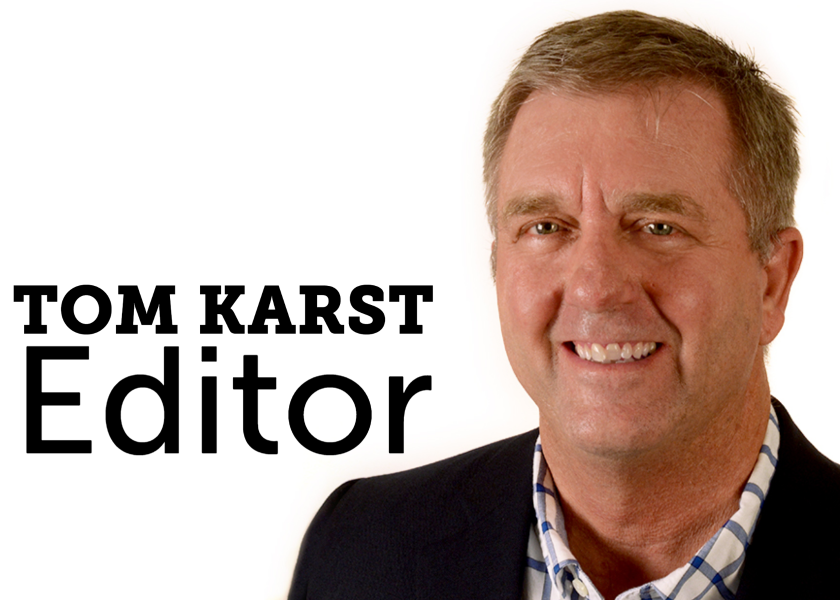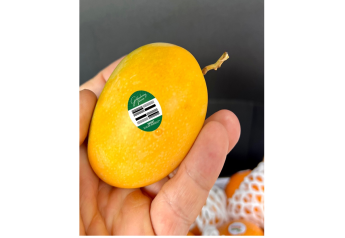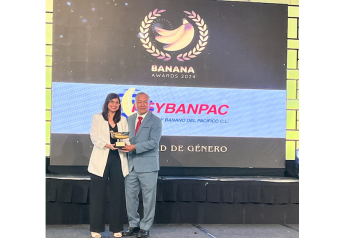The sad state of the obesity crisis

The Centers for Disease Control and Prevention just reported another sad fact about obesity.
The CDC reports the number of states in which at least 35% of residents are obese has nearly doubled since 2018.
Up from nine states in 2018 and 12 in 2019, the CDC’s 2020 Adult Obesity Prevalence Maps show that 16 states now have an adult obesity prevalence at or above 35%: Alabama, Arkansas, Delaware (new this year), Indiana, Iowa (new this year), Kansas, Kentucky, Louisiana, Michigan, Mississippi, Ohio (new this year), Oklahoma, South Carolina, Tennessee, Texas (new this year), and West Virginia.
Adult obesity prevalence by race, ethnicity, and location varies quite a lot, the CDC said.
Combined data from 2018-2020 show notable racial and ethnic disparities. Among states and territories with sufficient data:
- 0 states had an obesity prevalence at or above 35% among non-Hispanic Asian residents. However, some studies have indicated that the health risks associated with obesity may occur at a lower body mass index (BMI) for some people of Asian descent;
- 7 states had an obesity prevalence at or above 35% among non-Hispanic White residents;
- 22 states had an obesity prevalence at or above 35% among Hispanic residents; and
- 35 states and the District of Columbia had an obesity prevalence at or above 35% among non-Hispanic Black residents.
Obviously (or not), the CDC said adults with obesity are at increased risk for many other serious health conditions such as heart disease, stroke, type 2 diabetes, some cancers, and poorer mental health.
What can be done about this health crisis?
Greater promotion/access for fruits and vegetables has got to be part of this, correct? Yes, that element is part of the solution, the CDC reports:
From the CDC:
Obesity is a complex disease with many contributing factors. Neighborhood design, access to healthy, affordable foods and beverages, and access to safe and convenient places for physical activity can all impact obesity.
The racial and ethnic disparities in obesity underscore the need to address social determinants of health such as poverty, education, and housing to remove barriers to health. This will take action at the policy and systems level to ensure that obesity prevention and management starts early, and that everyone has access to good nutrition and safe places to be physically active.
Policy makers and community leaders must work to ensure that their communities, environments, and systems support a healthy, active lifestyle for all.
Our work with partners, states, and communities makes it easier for everyone to move more and eat a healthy diet where they live, learn, work, and play. Together, we work to remove barriers and promote health and wellness for all by:
- Bringing communities together to plan and carry-out local, culturally tailored interventions to address poor nutrition, and physical inactivity and tobacco use
- Promoting healthier food and beverage choices in childcare, schools, workplaces, hospitals, and public venues
- Making healthy foods more available by connecting local producers with retailers and organizations such as childcare, schools, hospitals, and food hubs
- Promoting nutrition standards in early care and education settings, food pantries, and faith-based organizations
- Designing communities that connect sidewalks, bicycle routes, and public transportation with homes, early care and education settings, schools, parks, and workplaces
- Ensuring screening for obesity and access to healthy lifestyle programs for children and their families
The epidemic of obesity is impacting the severity of the COVID-19 pandemic. Given the added risks associated with COVID-19, we need to support all individuals, especially members of racial and ethnic minority groups, to live active healthy lives.
TK: What can the government, growers, marketers and retailers do to make a dent in the obesity epidemic? More than they are doing now.







